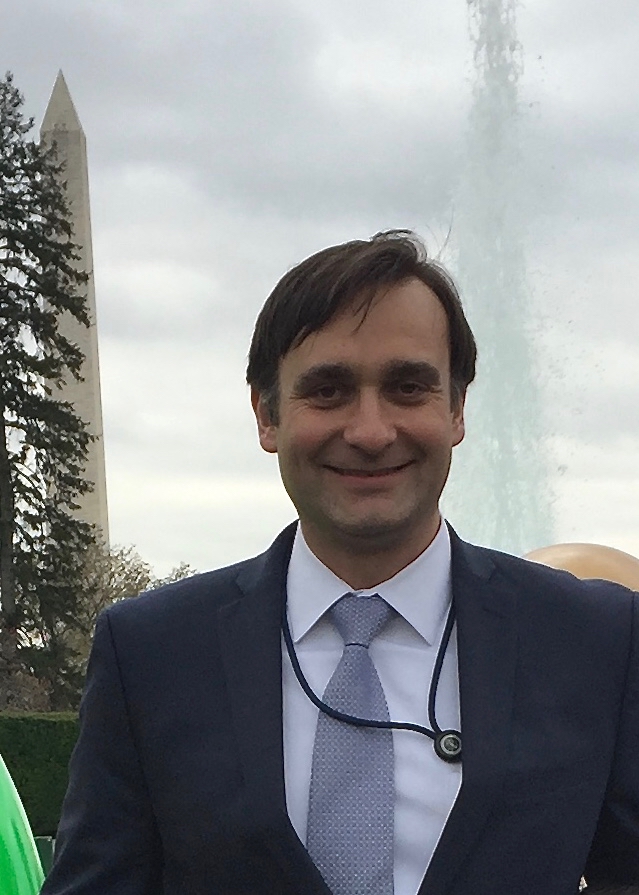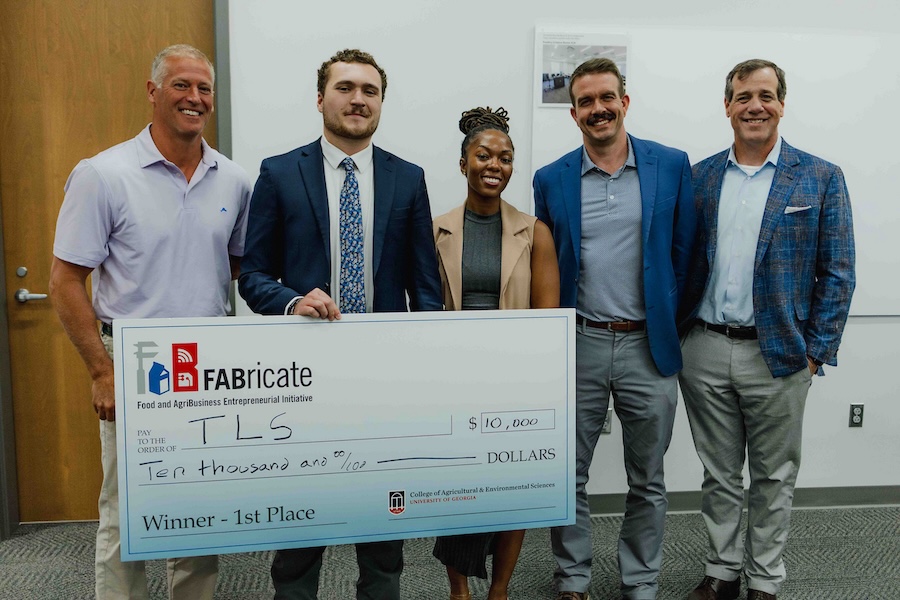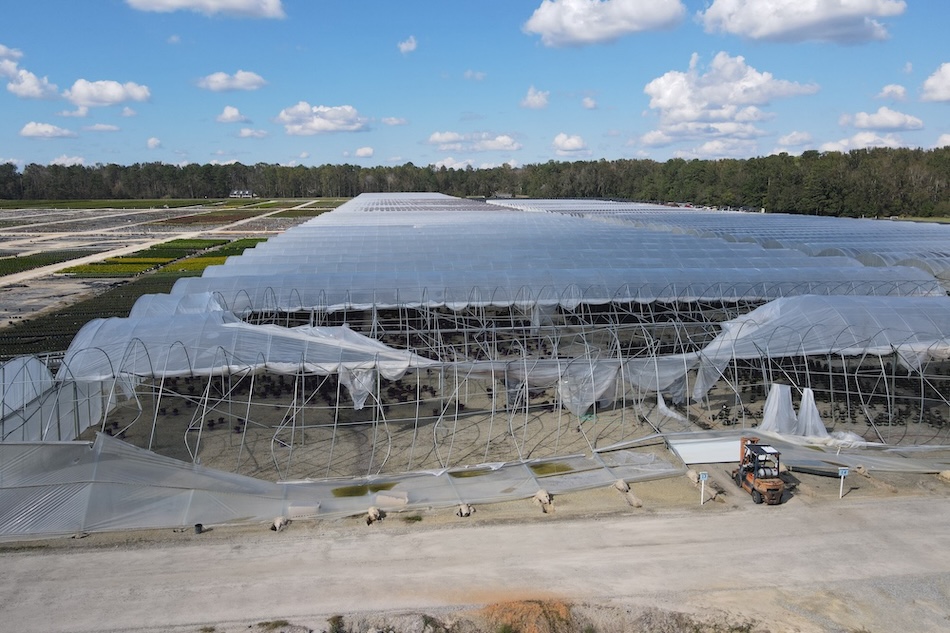There is supply and there is demand, but there are also a myriad of other factors that determine the prices that the public pays for commodities at the grocery store and the profits that farmers make.
The space between those factors is where Michael Adjemian has built his career.
Adjemian, who recently joined the faculty of the Department of Agricultural and Applied Economics in the University of Georgia’s College of Agricultural and Environmental Sciences, comes to UGA from the U.S. Department of Agriculture (USDA) Economic Research Service. After working in government for 10 years, he chose to return to the classroom and share his experiences in government with students at UGA.
“When I made the decision to return to academia, the agricultural and applied economics department at UGA really stood out,” he said. “It has a great reputation, and I was really impressed with the faculty and students on my visit.”
Adjemian’s primary research interests are the economics of commodity markets and international trade, as well as the impact of government agricultural policies.
His work in these fields led him to the USDA after he completed his doctoral degree at the University of California, Davis in 2009. During his time in Washington, D.C., he also served on the President’s Council of Economic Advisers.
From 2017-2018, he served as a senior economist in the Executive Office of the President. His office in the Eisenhower Building overlooked the White House South Lawn, and he had a front-row seat whenever Marine One landed.
In March, Adjemian and his colleagues at the USDA Economic Research Service received the John E. Lee Award for Sustained Excellence in Group Economic Analysis for their work on analyzing the impact of retaliatory tariffs for soybeans, corn and wheat. This award highlights the role collaborative effort plays in the USDA and recognizes contributions to a strong foundation for implementing USDA programs and policies.
“In my career, I’ve been fortunate to work alongside some impressive colleagues. I’ve tried to take away as much as I could in every collaboration while developing my own expertise,” Adjemian said. “As a result, I’ve written and published good work in our top field journals and gotten attention for it — both within and outside of government. I am proud to be asked to advise on and share insights about my research areas.”
For more information about the CAES Department of Agricultural and Applied Economics, visit agecon.uga.edu.





.jpg)


